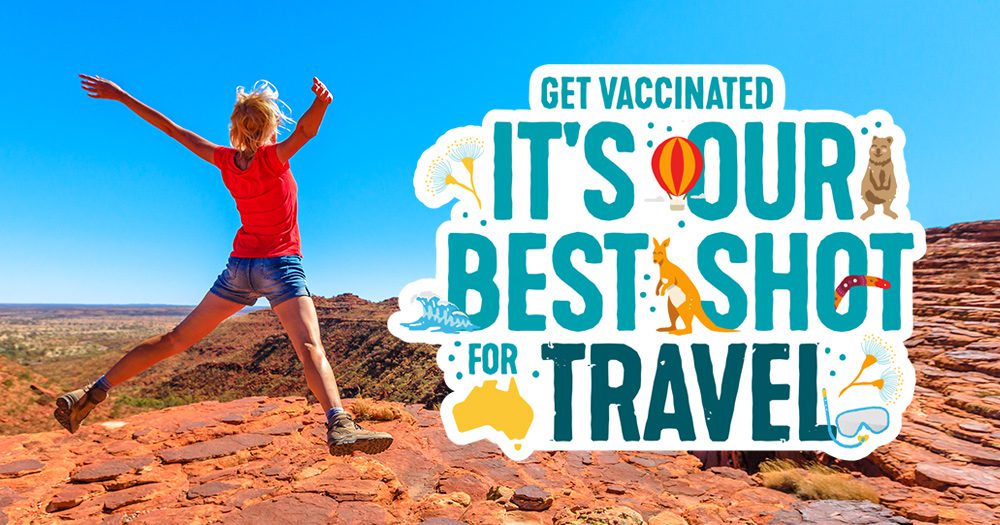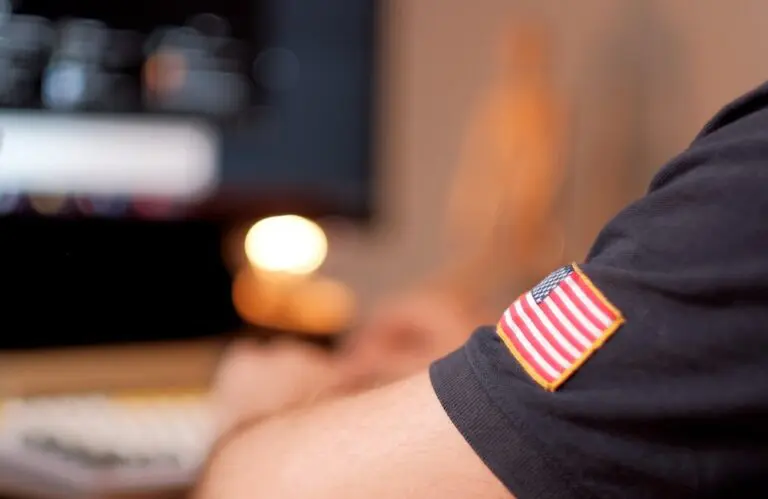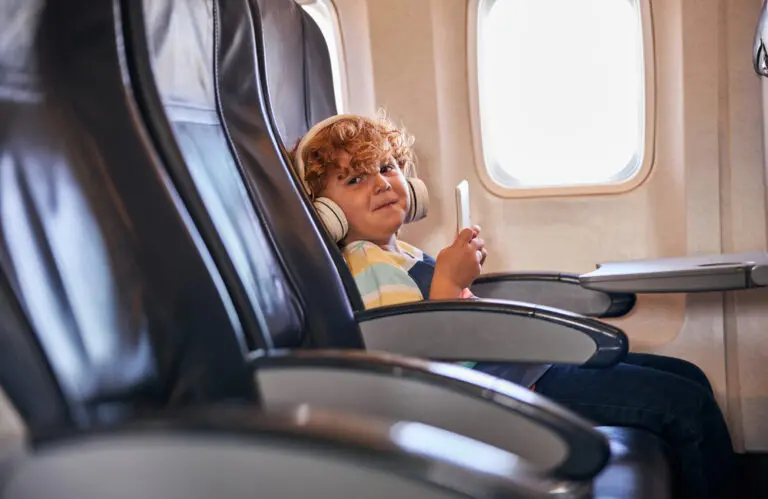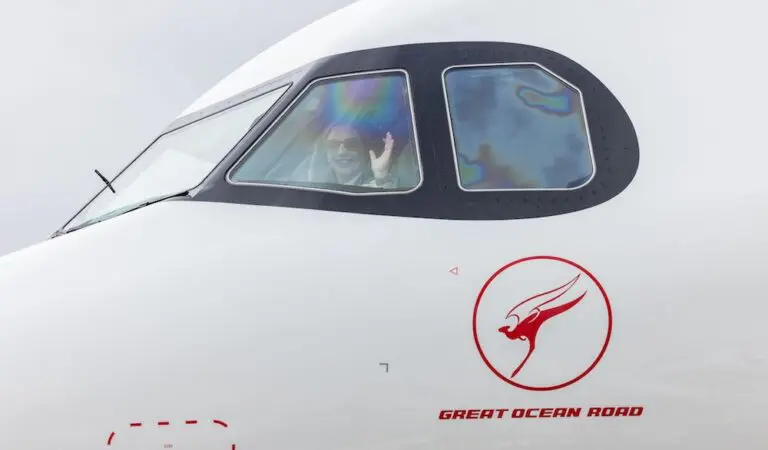Australia’s #ArrivalRevival has reached a massive milestone in the rollout against COVID19, with 80 per cent of the eligible population now fully vaccinated.
It was our ‘Best shot to travel’, and it was the magic number (80% of) the nation was aiming for after PM Scott Morrison announced his four-phase Pathway to normality back in July.
On Saturday, Australia ticked over 80 per cent of its population as now being fully vaccinated against COVID-19.
While of course, it was never a race, PM Morrison called the achievement “another magnificent milestone”.
“A huge thank you to everyone,” he said on Facebook on Saturday morning.
“This has been a massive Australian national effort and the work doesn’t stop here. We are on track to have one of the highest vaccination rates in the world.”
The PM also made special mention of older Australians for leading the way.
“Ninety-nine per cent of Australians aged over 70 have had a first jab and over 90 per cent have had a second,” he said.
“That’s just extraordinary.”
While there were no official fireworks or marching bands, we did get a celebratory flyover of a commercial kind in that our international border opened well ahead of time earlier in the week on November 1.
However contrary to the PM’s Pathway plan, some states still remain closed off despite the nation hitting the 80% target which was supposed to negate any further restrictions when it comes to freedom of movement for the population.
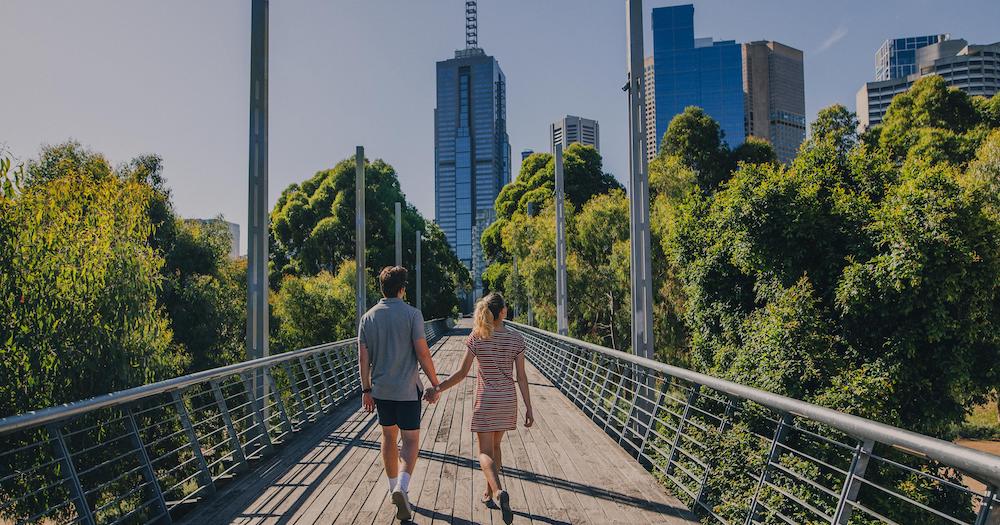
Meanwhile, hospitals, aged care facilities and schools are among the high-risk settings where workers and visitors could face rapid testing under a yet-to-be-developed federal plan.
National cabinet on Friday agreed that the federal health department and Australian Health Protection Principal Committee will work on creating a nationally consistent framework for the use of rapid antigen tests.
It will guide authorities across the nation on how often the tests should be done and the implication of positive results, while also recommending high-risk settings for the screening.
Australian health authorities have previously been cautious to expand the use of rapid antigen tests given they are less reliable than PCR swabs.
In a further take-out from the first national cabinet meeting in more than a month, states and territories will consider changes to isolation requirements for fully vaccinated primary close contacts, including no or minimal quarantine for up to seven days.
Casual contacts would only be asked to seek testing and isolate if experiencing symptoms but avoid high-risk settings until they return a negative result.
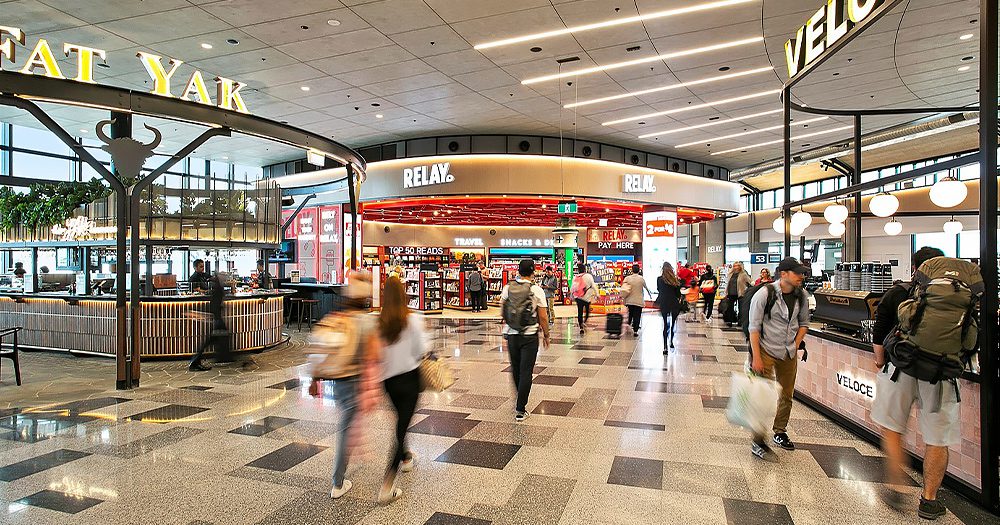
Victoria and NSW have already reduced the time most fully-vaccinated primary close contacts have to serve in isolation from 14 to seven days, while casual contacts can leave quarantine once they return a negative.
The news comes just after New South Wales and Victoria reopened borders both ways, allowing free movement between the states after more than six months of travel restrictions.
Source: AAP.
- Karryon Top 10 stories of the week: Catch up on our most-wanted: Jul 4
- US ESTA fee to double under new bill; US Travel Assn slams “hard to swallow” Brand USA cuts
- Explore Worldwide launches sale on South Korea in partnership with Korea Tourism Organization
- Intrepid Travel lifts the lid on B Corp success with free, open-source industry guide
- No upgrade, no deal: 1 in 3 Aussies refuse to swap plane seats without perks

